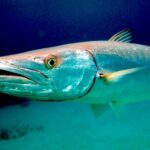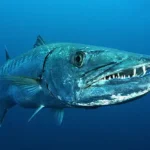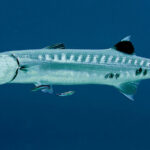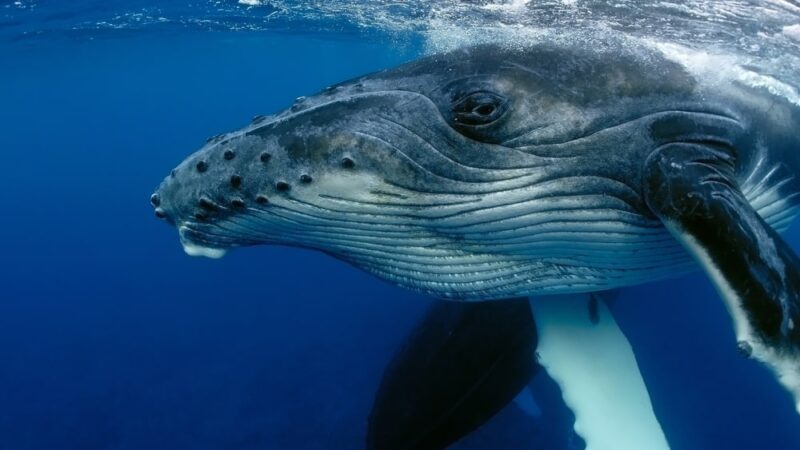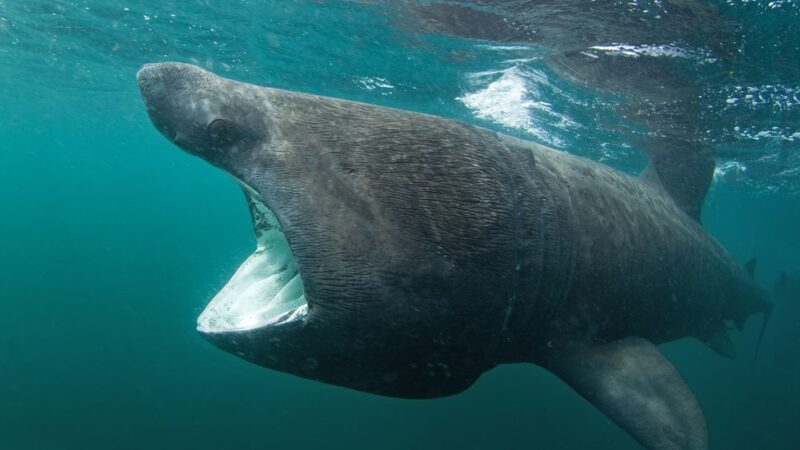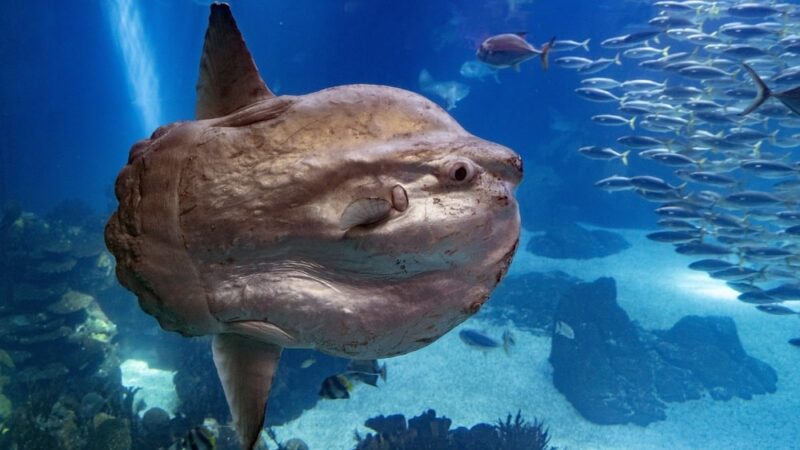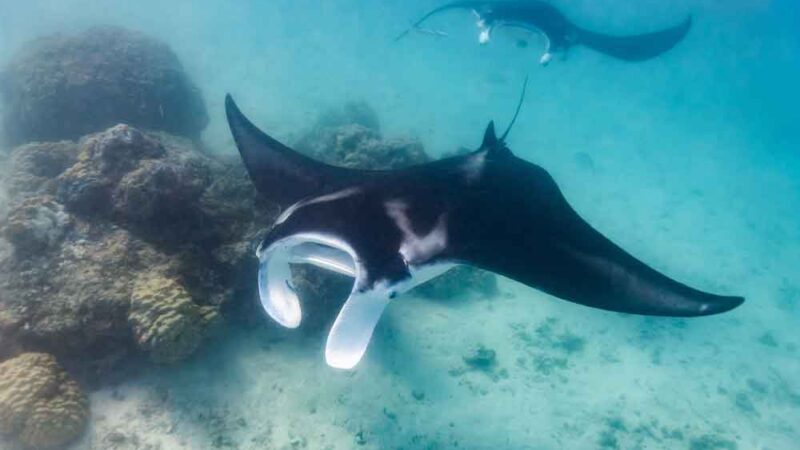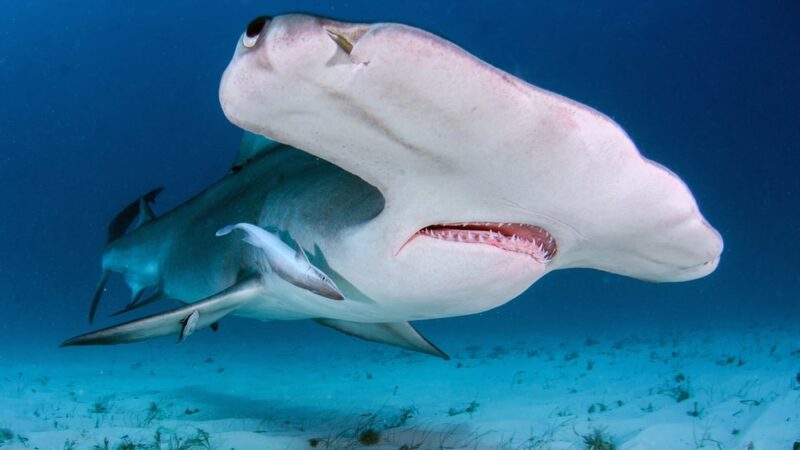Barracuda Fish
1. Overlapping Teeth
The name barracuda comes from a Spanish word that means “overlapping teeth.” These fish can have more than 100 teeth in their mouth and they actually have two sets! The sharp pointed teeth are easily noticeable, but they also have saw-like teeth along the outer edge of their upper jaw!
2. Polyphyodont
Humans are diphyodont, we are born with baby teeth that are then replaced with permanent adult teeth and that’s all we get. Barracudas, in contrast, are polyphyodont, they constantly grow and replace their teeth throughout their entire life. Sharks are the same way!
3. Opposite Teeth
In a great barracuda’s mouth, the largest living barracuda species, some of the teeth point in opposite directions from one another. This helps these predatory fish grasp and hold onto slippery prey. No matter which way a fish tries to swim, it’ll get stuck on the barracuda’s sharp teeth! Only the great barracuda actually has the name.
4. Jello
“barracuda” in its scientific name. The rest of the 20+ species have different specific names. One of our favorites is this one whose specific name is “jello.”
5. Pickhandle
Barracuda Fascinatingly, the jello barracuda species, which is actually commonly known as the pickhandle barracuda, was named prior to the invention of the gelatin product known as Jell-O, so the fish had the name first! Barracudas and pikes were both
6. Pike-like named for their pointed appearance
Pikes were named after the sharp tools known as picks, and barracudas were named after pikes! The barracuda genus name means, “a pike-like fish.”
7. Pike vs Barracuda
Although they’re named after pikes, and the two types of fish look relatively similar, these two groups aren’t all that closely related. In fact, pikes only have one dorsal fin while barracudas have two. Plus, pikes are freshwater fish in comparison to the marine barracuda.
8. Rare Attacks
People tend to fear barracudas for their menacing appearance, but most species are small and considered harmless to humans. Even in the case of larger species, attacks on humans are rare. These are often caused by misunderstanding on the fish’s part as they hunt primarily by sight.
9. Don’t Eat Me!
For folks who are afraid of being eaten by a barracuda, it’s really the opposite you should be more concerned about. As carnivorous predators, barracudas eat herbivorous fish that may have eaten poisonous algae. The poison from the algae is passed to the barracuda but doesn’t impact their life. Eating the flesh of a barracuda that has
10. Ciguatera Fish
Poisoning accumulated a lot of poisonous algae in its body can lead to unpleasant symptoms in humans such as vomiting, diarrhea, nausea, and more. This is known as Ciguatera fish poisoning and barracudas are some of the most likely fish to cause it in humans.
11. Did you also know?
You’ve also probably heard that barracuda like shiny things and sometimes travel in groups.
For more information: Wikipedia, Animal Fact Files
